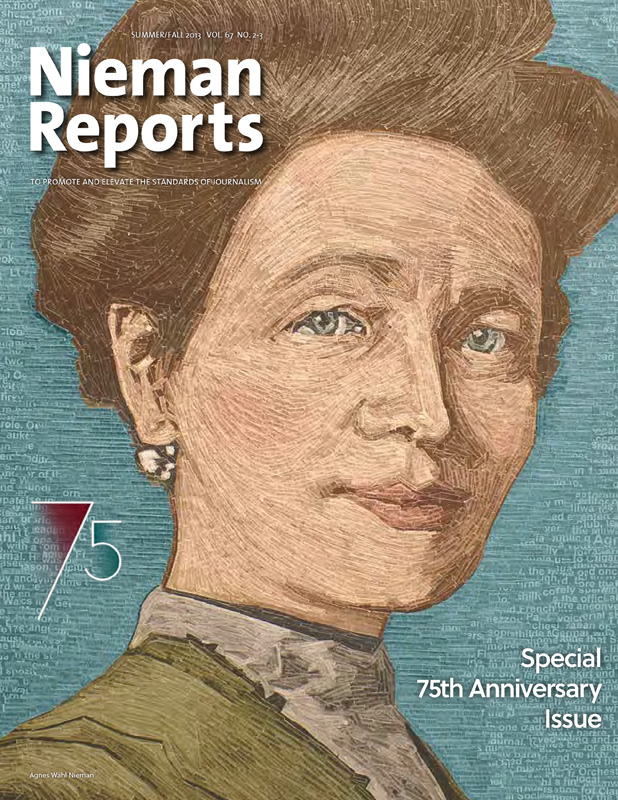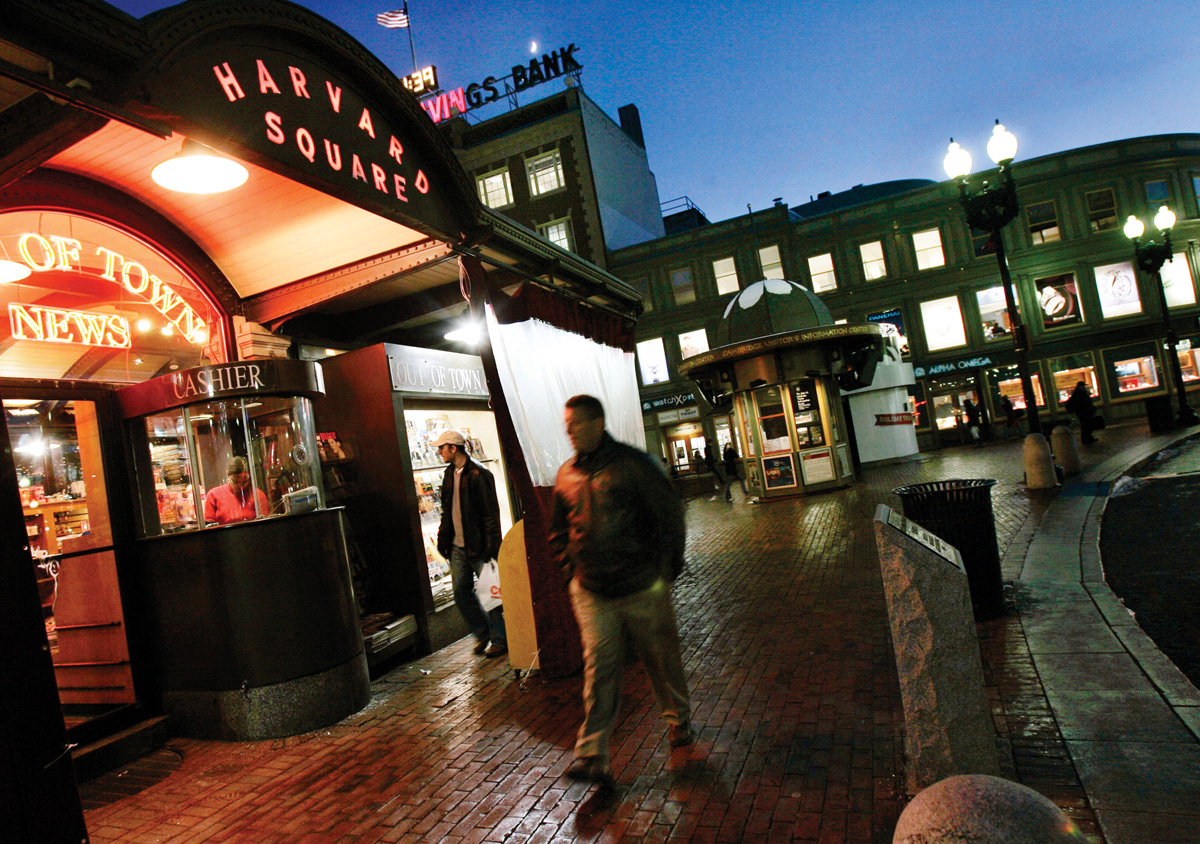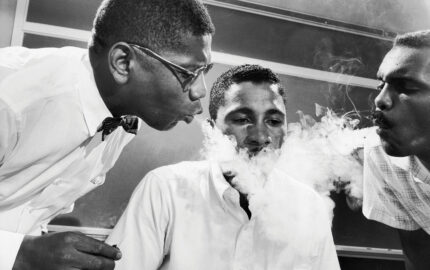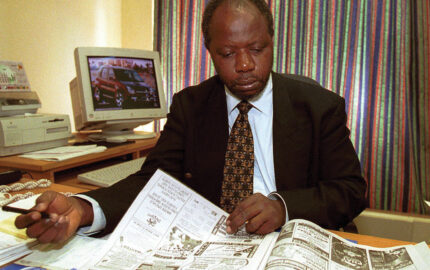
After his Nieman year, Regan helped The Christian Science Monitor develop its online presence and he spent two years as executive director of the Online News Association

It was fall 1991, and Canada was experiencing yet another one of its seemingly never-ending political crises around the question of Quebec staying in Canada or sauntering off to start a new nation. I was desperate for news from Canada while at Harvard. My mother had given me a radio to listen to the CBC’s shortwave service. Yet I longed for print, being a print journalist, and for crisp issues of The Globe and Mail or The (Montreal) Gazette, anything that would give me more background.
But Out of Town News seldom carried Canadian papers and what copies did arrive were invariably two or three weeks out of date. And so, after yet another one of these fruitless searches, I stood in the middle of Harvard Square thinking to myself, “Damn, I wish there was some way I could just read newspapers on my computer.” I talked to Bill Kovach about my idea. He was a bit skeptical, but he encouraged me to see if there was a way to make it work once I got back home. That summer I returned to Halifax and one day, while talking to my sister, a government student at St. Mary’s University in Halifax, I heard the word that would truly change my life: the Internet. A week or two later, the first commercial ISP in Canada opened in an office right behind my newspaper building.
That summer of 1992, I convinced two of my fellow columnists to get Internet accounts and start listservs that featured our columns. We put our listserv addresses at the bottom of our columns in the print paper and invited readers to debate our pieces online. About a year later, I found four very tall, very thin, very pale computer geeks who agreed to teach me how to write HTML and convinced my boss to let me try to put the paper “online.” Some think the Internet “killed” print, but it wasn’t the Internet that hurt print; it was news organizations hanging on to outdated financial and distribution models. These problems are finding answers. And however audiences get the news, it’s still the content that really matters.



